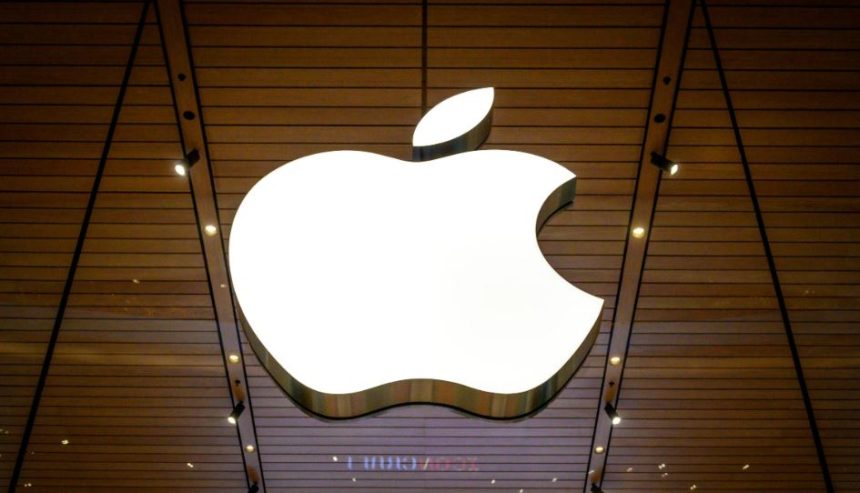The Democratic Republic of Congo’s government is accusing Apple of incorporating minerals “illegally exploited” from the country’s troubled eastern region into its products, according to attorneys representing the African nation.
These lawyers have issued a formal cease-and-desist notice to the US tech giant, warning of potential legal repercussions if the alleged practice persists.
The DRC’s legal representatives based in Paris have accused Apple of procuring minerals that have been illicitly transported from the DRC to neighboring Rwanda, where they are laundered and assimilated into the global supply chain.
Responding to inquiries from the media, Apple has cited its most recent annual report on conflict minerals, which highlights efforts to audit suppliers and disclose findings regarding materials such as tin, tantalum, and cobalt – crucial components for various high-tech products, often mined in unstable regions under conditions of forced labor.
Apple’s report asserts that based on due diligence efforts, no conclusive evidence suggests that smelters or refiners in its supply chain directly or indirectly finance or benefit armed groups in the DRC or neighboring countries. However, the DRC government’s legal representatives, Amsterdam & Partners, argue that Apple lacks verifiable evidence to support its conclusions.
The mineral-rich Great Lakes region of the DRC has endured persistent violence since the 1990s, with renewed tensions in late 2021 when the rebel March 23 Movement (M23) began reclaiming territory. The DRC, along with the UN and Western nations, accuses Rwanda of supporting rebel groups like M23 to control the region’s abundant mineral resources, a claim vehemently denied by Kigali.
Amsterdam & Partners contend that despite Rwanda’s minimal production of key minerals, tech companies assert their minerals are sourced from Rwanda. The cease-and-desist letter alleges that minerals supplied to Apple originate from sites characterized by sexual violence, armed assaults, and rampant corruption.
The legal team representing the DRC asserts that Apple’s products, including Macs and iPhones, are tainted by the suffering of the Congolese people.





